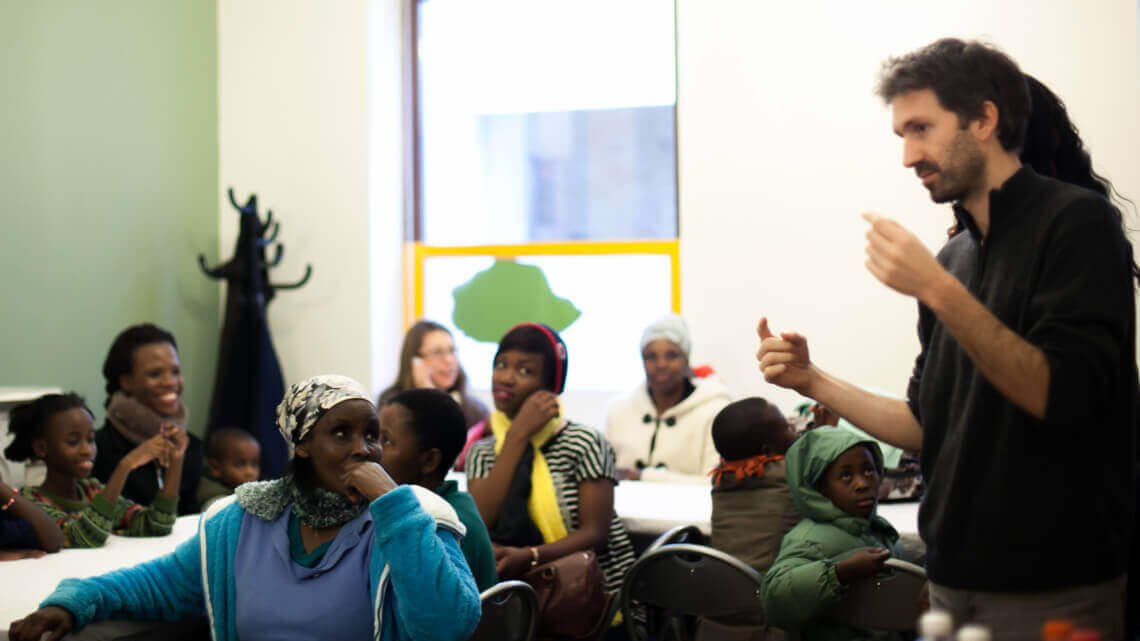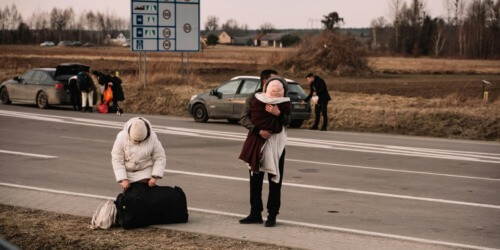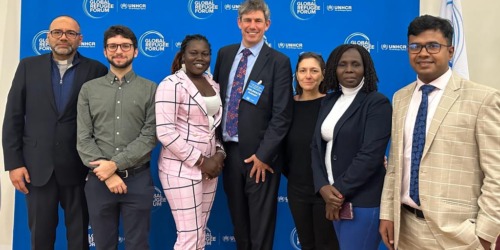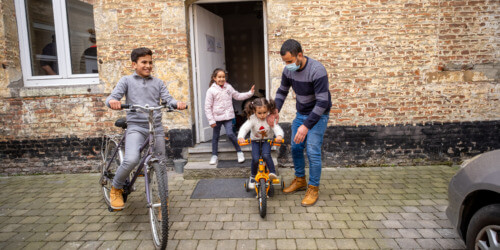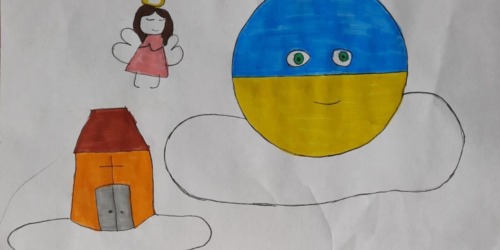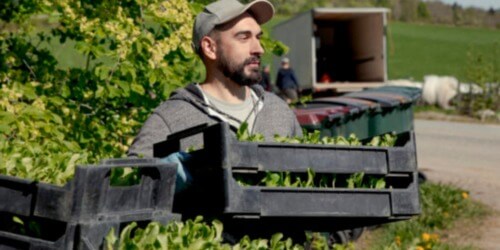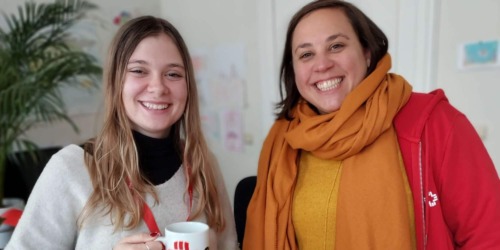REORGANIZATION OF HOST MODEL
This reorganization aims at integrating these vulnerable refugees into the “regular” reception model. The reception for the resettled refugees is done in two stages: a first phase of reception of 6 weeks in a collective center and a second phase of reception of 6 months in a local hosting initiative (ILA, managed by the CPAS). Both organizations deplore the fact that after 6 months, these very vulnerable people – supported in a resettlement program created to promote sustainable integration – have to move again.
Need of specific accompaniment
Anne Dussart, Caritas International’s Social Program Manager: “Within this new model, the emphasis is clearly on the individual, to the detriment of a specific accompaniment, of quality, to the extent of the vulnerabilities of the people. What impact will this policy have on long-term integration and well-being?”
“These resettled people are very vulnerable. In this new model, they have very little time to adapt to our country. Before, our associations guaranteed a social accompaniment for a period of 2 years, with support for the search for an individual housing, the creation of a network, the local integration, … These very precarious people, selected by UNHCR precisely on the basis of these criteria of vulnerability, do not know the language, nor our habits. And they are quite disoriented in our society after, sometimes, years of life spent in refugee camps. For them it is essential to create a network, to be supported by organizations such as ours. Putting this responsibility on the individual’s side seems very unwelcome. Resettlement is a humanitarian program for the most vulnerable and must remain so.”
Complimentarity with CPAS
Since 2009, Caritas and Convivial have built up a lot of expertise in helping resettled people. Bruno Gilain, Convivial: “We worked in a complementary way with the CPAS. Thanks to, among others, our cultural mediators, we accompany the refugees in a way adapted to their needs and the local context. Our particularity is to better explain and take into account the misunderstandings associated with cultural shock. The goal is to remove the barriers to regain its landmarks in a new society. This work builds on the long experience of our two organizations.”
Both organizations also point out that Belgium must continue to take responsibility for resettlement. “Also for the Great Lakes region.”
More information?
For more information on Caritas’s resettlement work, see our articles on the subject.
On Convivial, you will also find additional information.
[1] Resettlement provides a lasting solution for those who cannot return to their country of origin but cannot benefit from adequate protection or prospects of integration into the former host country. Caritas International and Convivial, in close collaboration with the CPAS, accompany these people in their initial integration efforts, help them to build a network (organizations, teachers, neighbors …) and a project for the future in Belgium.









